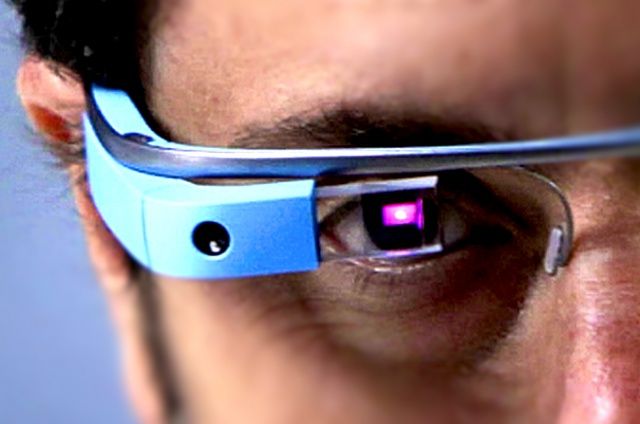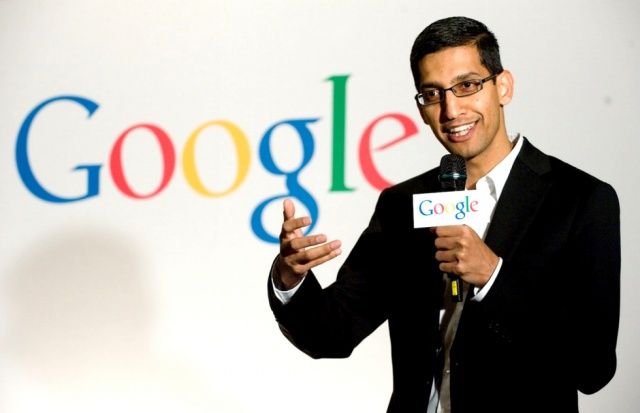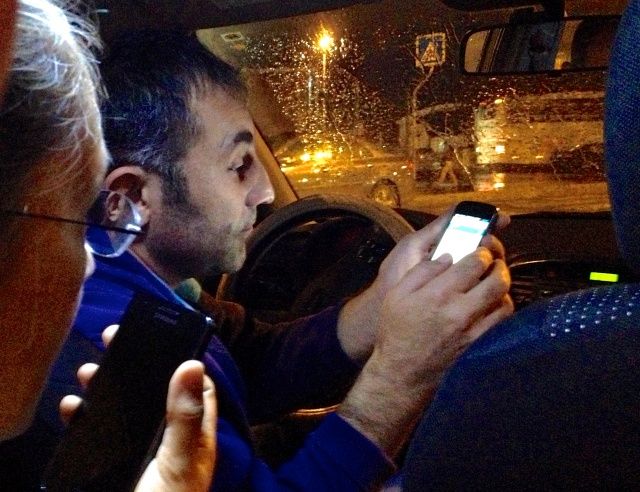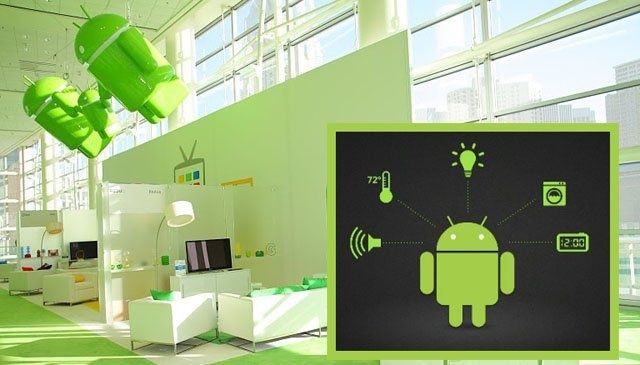Google is getting closer to releasing Google Glass into the market. And we learned this week that Google’s Android team is working on a smartwatch.
Both these products are examples of Android-based wearable computing devices.
A fresh new religious war has broken out on the social networks about whether the watch is better than the glasses, or whether smartphones are better than both the glasses and the watch. “Why would I wear an Android smartwatch when I have an Android phone in my pocket that’s much better?”
These arguments demonstrate that most people don’t get this technology at all.







